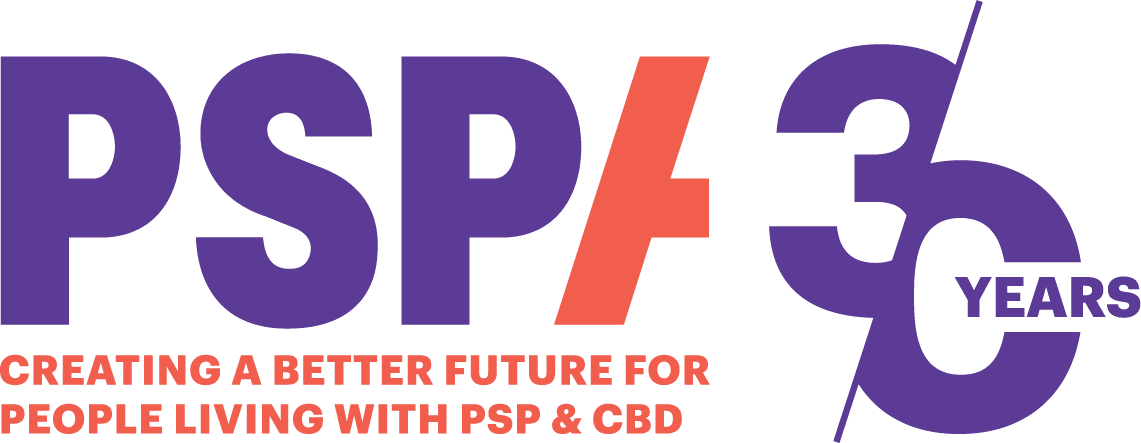Liz Tweddle’s husband was diagnosed with PSP in 2019. Here Liz shares how PSPA helped to support her family and key learnings she made through their experience.
“Graham was diagnosed with PSP in May 2019, although we knew there was something wrong maybe two years before then. We were given PSPA contact details by Dr Bogdanovic, who was the consultant that made the diagnosis following the MRI scan.
Before his diagnosis, Graham had a few tripping incidents and he confused left and right. His driving was a bit erratic at times, and he lost his get up and go.
It was this behaviour that prompted us to go to the GP initially as myself and the kids thought something wasn’t quite right. The GP carried out routine tests and checks, played around with his blood pressure tablets before eventually referring him to the neurologist.
Graham’s PSP diagnosis was challenging for many reasons.
The biggest challenge was knowing what to expect and when it was going to happen. Because the condition is so rare, there are no two people that follow the exact same deterioration. It was also very frustrating as there is no treatment to help with the progress of the condition, unlike say Parkinson’s.
Another major challenge was that Graham didn’t really realise how ill he was. Because it was his body that was failing, his mind was telling him he could walk with no problems. People were deaf as he couldn’t make himself understood and this resulted in a lot of frustration on his part, and a lot of anger on my part, as he didn’t want to do the things I suggested that would minimise injury if he fell.
We had a lot of support from the GP, rare disease nurse, district nursing and also social services. Our local authority is technically Windsor and Maidenhead, but we are right on the border. Our GP is in Wokingham and all the referrals went to Wokingham Borough Council. Unfortunately, our local council were worse than useless – they said they’d send leaflets, which never arrived. Wokingham were very good – they provided OT, SLT, physio, carers at home, etc.
We also had support from PSPA. We were put in touch with PSPA and attended quite a few of the Oxfordshire Support Group meetings. This was pre-COVID and the sessions were very valuable. Lots of insight into how the condition might progress and it was good to meet other people at different stage of the disease.
At the meetings we also found out about PSP research, and we met a lot of carers and people living with PSP & CBD over the next year or so who were also participating in the research. It was very useful to learn about the research that had been done, and that was planned.
For me, the PSPA Support Group meant I knew there are other people out there who are going through this experience too. Both people living with the condition and carers. I also joined the PSPA Facebook group, which was a worldwide group and gave a lot of comfort to know that other carers out there were struggling too.
The best piece of advice that I received was from the Oxfordshire Support Group. They said that you should always try to stay one step ahead and anticipate future needs. Once you realise that you need, say care at home – getting that in place can take weeks, if not months to do the research to find the best carers for you. It is also keeping ahead and finding the places where taking disabled people is not a huge mountain to climb.
The other tip that I would give is live life a day at a time. We had numerous overseas holidays, which although challenging has given me a lot of wonderful memories throughout the final years to look back on. We did concerts, festivals, lunches, exhibitions, films. You name it, if they had disable access we did it!”

